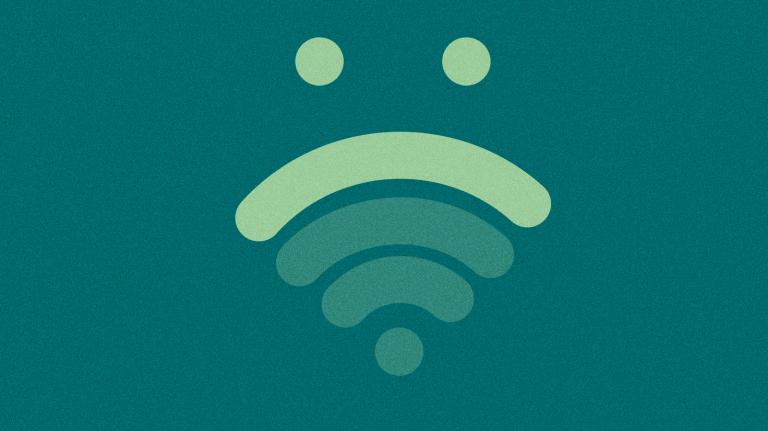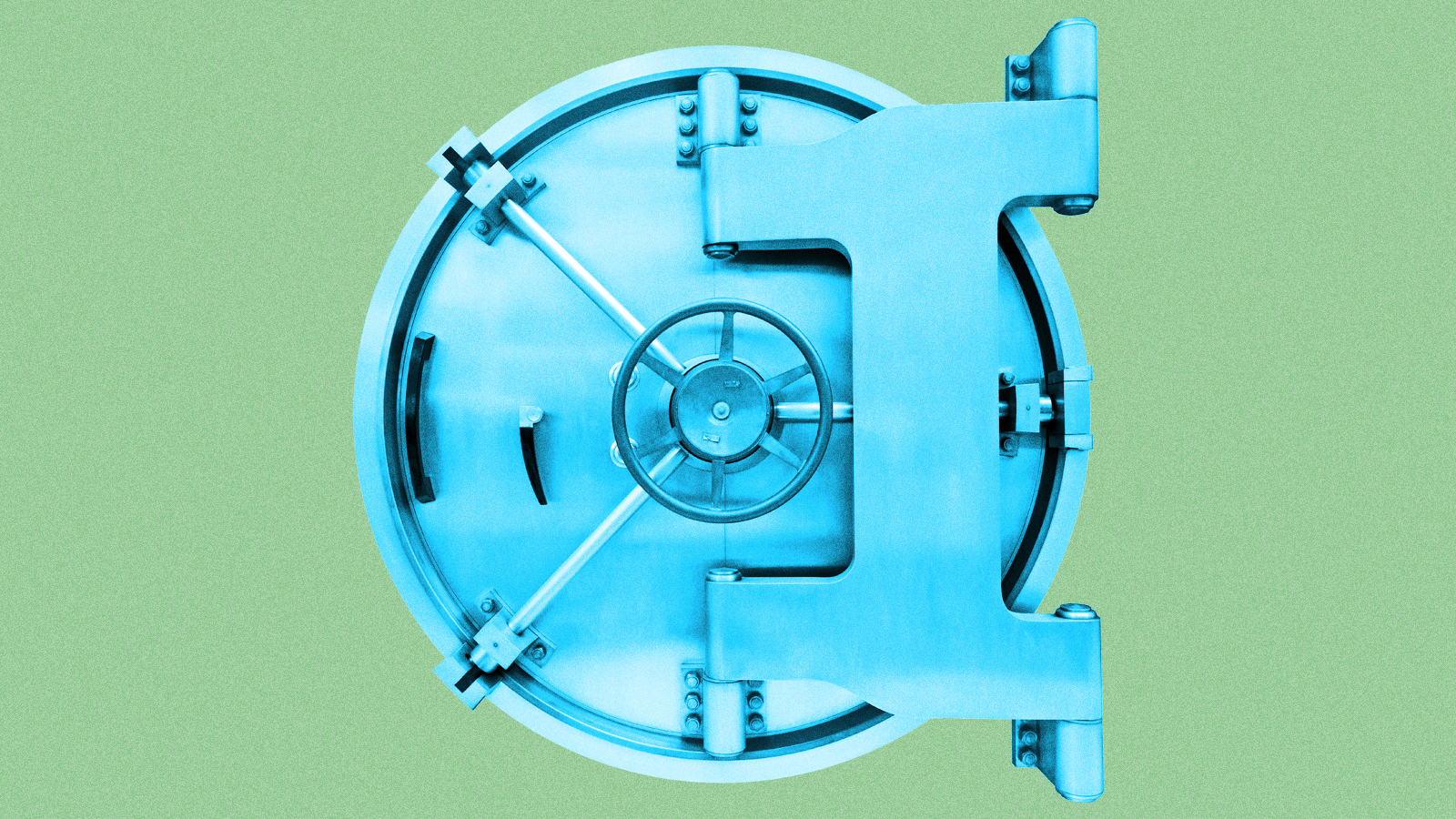There are sooo many reasons to pick a bank: No ATM charges! A branch EXACTLY halfway between your office and your favorite bar! They offered you a crate of live puppies for opening an account!
But where you put your hard-earned paycheck deserves a touch more consideration. Most major banks invest heavily in fossil fuel extraction and infrastructure — which means that if you put your cash in them, you’re enabling climate change and probably wreaking havoc on someone’s land or water.
Big bank investments in dirty energy (2013-2015):
$42 billion: Coal mining
$154 billion: Coal-fired power producers (only the 20 largest!)
$283 billion: Liquified natural gas export infrastructure
$307 billion: High-risk oil drilling
Source: Rainforest Action Network
Here’s how to put your income in time-out — and by time-out, we mean another financial institution that will take better care of it. (It’s actually pretty easy.)
Credit unions are usually better options than major banks, at least in terms of energy investments. Caleb Buchbinder is a campaign manager with DefundDAPL, an organization that encourages people to withdraw funds from banks that finance the Dakota Access Pipeline. He lays out exactly why his group prefers credit unions:
- Profits are member-distributed across the board.
- Their investments tend to be more local and stimulate business within communities.
- By virtue of being member owned, there’s more opportunity for members to dictate the bank’s activity.
Here’s how to find out if your current bank is a big fossil fuel backer and what you can do to get your cash out of coal, oil, and gas.
1. Figure out what your bank is up to. The Rainforest Action Network gives a good rundown of how the major banks stand on fossil fuel funding. Spoiler: They’re all pretty bad.
2. Open an account with your new financial institution of choice. DefundDAPL and BankLocal both have pretty helpful resources for finding your next banking institution — credit union or otherwise.
3. Remember to order new checks, a new debit card, and a credit card. This is so fun! It’s like the hot new outfit you buy to deal with a breakup, but instead of feeding the insatiable capitalist beast of the fashion industry, you’re fighting climate change!
4. Make sure your employer — and any organization that automatically withdraws from your bank account — has your new account information. With regard to the latter, make sure you actually have funds in the new account before withdrawals begin.
5. Now, the fun part: Dumping your current bank!
Do you ever dream of quitting your job by causing a massive scene? Congratulations — you can live out that fantasy in the lobby of your old bank with little to no repercussions! Ideally you want to come prepared with your best “I’d like to speak to the bank manager” request, a non-ranty statement explaining that you want to close your account (that’s the important part!), and why you’re leaving the bank.
If you’re feeling extra-ambitious (and sassy!), bring a written letter to leave with the manager reiterating your points.
And on your way out, Buchbinder advises, this is your chance to get other bank patrons on board with you: “If you’re inclined to make a statement in the bank in a good way, let the other customers there know why you’re making that choice and exercise your free speech.” Try not to come come off like a lunatic. It’s not the best way to get others to follow your lead.
Money plays a stronger role in environmental decision-making than almost anything else, so it seems ridiculous not to ensure that your money reflects your values. As Vanessa Green (REAL NAME!) of DivestInvest puts it: “Consider the magnitude of thought, emotion, and energy people put into generating, keeping, and using their money to live a good life — that’s how essential it is to take responsibility for where your money sits.”



